A denial of treatment or drug coverage to an insured who paid their premiums, a taking of the equity in an asset sold due to a civil violation, an involved parent excluded from parental decisions by a bitter co-parent, an employee with good performance reviews terminated without severance.
Few would debate that these legal issues materially impact a person’s life. Resolving them is a fiscal or personal necessity. Yet, the World Justice Project estimates that there are 5 billion people worldwide saddled with such issues and unable to afford a lawyer. This tremendous demand exists despite the pro bono hours contributed by lawyers through various charities.
THE ALDI OPTION
Therefore, I am convinced that the legal industry needs an ALDI option. Yes, I’m talking about Aldi Supermarkets, the food industry’s solution to serving the masses. Wealthy people shop at epicurean markets and Whole Foods; the middle-class frequents traditional grocers such as Publix, Kroger, and Safeway; the working class have Walmart Superstores; and the truly destitute can access food banks.
Then, there’s ALDI. It’s even cheaper than Walmart, and although its target market is the poor, anyone can shop there. No inquiry is made into a shopper’s finances. All forms of payment are accepted including, but not limited to, “Food Stamps” or SNAP. The ALDI option therefore enables families to address their nutritional and budgetary concerns with dignity, not means-testing.
Legal services also are made available in a de facto tiered system. Big Law serves major enterprises and high net-worth individuals. Legal boutiques and mid-size firms serve smaller enterprises as well as larger ones that value (relatively) lower prices. Community legal firms target the middle class and sometimes charge as little as $300 an hour. Legal aid societies serve the truly destitute at no cost.
However, there’s no ALDI option for the working class or working poor who cannot afford $300 an hour and either do not qualify for or do not wish to access social programs. They should be able to procure legal services at affordable rates, no questions asked. The problem is: rack rates require large volume to attract attorneys, and the keys to a volume law practice are: (1) the profit motive and (2) use of technologies.
The Profit Motive
I believe the reason that important legal issues plaguing the masses aren’t being solved is because no one is being paid to solve them. The use of pro bono to serve the poor is a traditional solution that has been rendered obsolete. Since this system of serving the poor was devised, life and commerce have become more complex, prices have risen, and the number of lawyers per resident has declined. Today, if every lawyer spent ten percent of our working hours on pro bono, we could not serve all who qualify. Moreover, we’d still have this large segment of potential legal consumers who don’t qualify.
The solution is to introduce an affordable, profitable option like ALDI. Consumer lawyers would serve this market and make a profit, unapologetically. The noble pro bono lawyer would still have a role in serving the destitute and fighting systemic harms through organizations such as the ACLU and the NAACP Legal Defense Fund, among others.
Volume Business Model
Currently, the usual number of clients served annually per attorney is measured in dozens. However, based upon the WJP demand estimates, consumer lawyers need to serve thousands of clients the way supermarkets supply thousands of families with food.
There are three elements of a volume law practice: (1) attracting clients, (2) serving clients, and (3) affordability.
- Getting Clients. Sales and marketing technologies such as chatbots, CRMs, social media platforms, AI, and certain eCommerce tools can be deployed to make prospective clients aware of your firm, to engage with them about service content and pricing, to perform an initial diagnosis of their problem, to nurture those nascent relationships, and to handle client intake functions such as signing engagement letters and collecting payment, among other tasks.
- Serving Clients. Additional webhooks and productivity technologies are available for emailing, scheduling, repetitive drafting, preparing form letters, and creating forms (as well as analyzing the data collected with them). These technologies enable delivery of prompt, if impersonal, service.
Use of such technologies is akin to ALDI’s price controls which are achieved largely by stocking cheaper store brands or generic products, charging for cart rentals and bags, reducing labor cost by letting shoppers ring up their own orders using self-checkout machines, and locating near other bargain retailers such as Ross, Dollar Tree, and TJ Maxx where retail space is cheaper and where there’s likely to be continuous traffic of bargain shoppers.
- Affordability. Once a firm achieves these cost savings, it is important to pass them along to the consumer. Remember, this target market is shopping on price. Increasing rates will cause this consumer to either forgo getting help or to use a firm with better customer service than a tech-heavy business is able to provide.
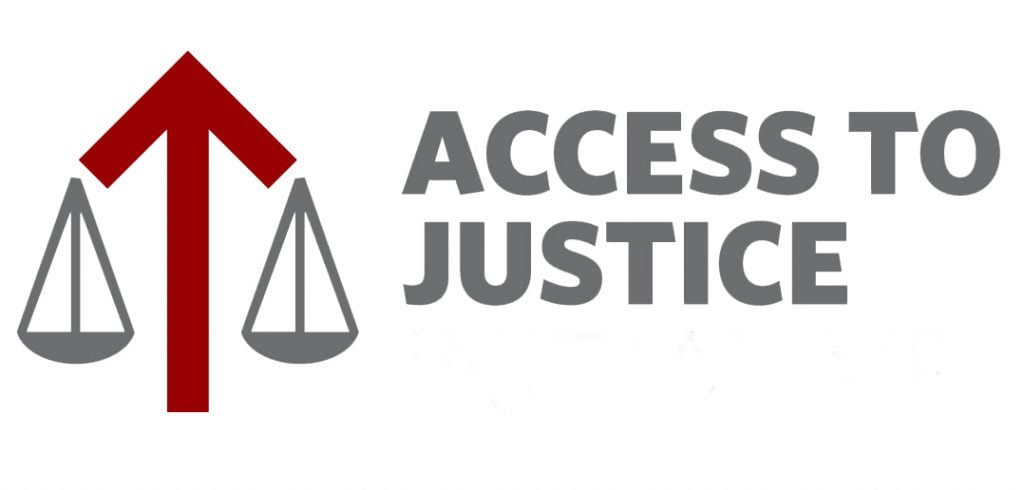
WHICH LAW FIRMS SHOULD PURSUE VOLUME?
Most consumer legal firms would benefit from a volume business model. Consumer legal services include all civil legal services where the end user is a natural person rather than an entity. Therefore, nearly every practice area has a consumer aspect to it:
- Property (e.g., foreclosures, evictions, code enforcement liens, civil forfeiture, IP registration, IP infringement actions)
- Finance (e.g., taxation, social security & disability, debt collection, credit reporting, bankruptcy, lending, labor and employment, business or professional licensure, education)
- Asset Protection (e.g., wills, trusts, corporations, insurance coverage and planning)
- Family Law (e.g., child custody and support, divorce, premarital agreements (especially for blended families), immigration, re-entry issues for the formerly incarcerated)
- Health Law (e.g., medical mistakes, coverage denials, treatment denials, policy terminations, privacy).
In addition, corporate legal services delivered to small and family-owned businesses are effectively consumer legal services if the revenues constitute the individual or family’s primary source of income.
CONCLUSION
In conclusion, there is a clear formula for addressing the Access to Justice crisis:
Profit Motive + Technology = Volume & Access
Perhaps the skills necessary to build a volume practice do not come naturally to many lawyers. That’s why we established the Martin Luther King, Jr. Access to Justice Scholarship to fund business development training for consumer lawyers. The scholarship is awarded annually at a Winter Tea & Luncheon held each January on the MLK national holiday. Interested attorneys may complete a 1-page electronic form to apply for the training scholarship.
Information about attending the Winter Tea event is available here. We welcome experts from all fields that serve the consumer. Come and fellowship with us on this National Day of Service. Together we can determine how to make life affordable in many areas including law, housing, and healthcare.
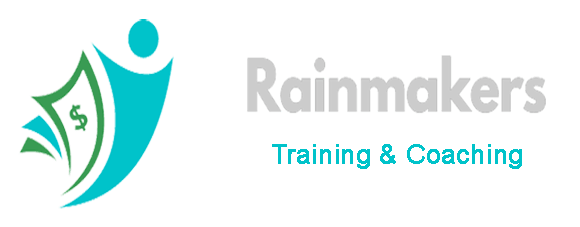

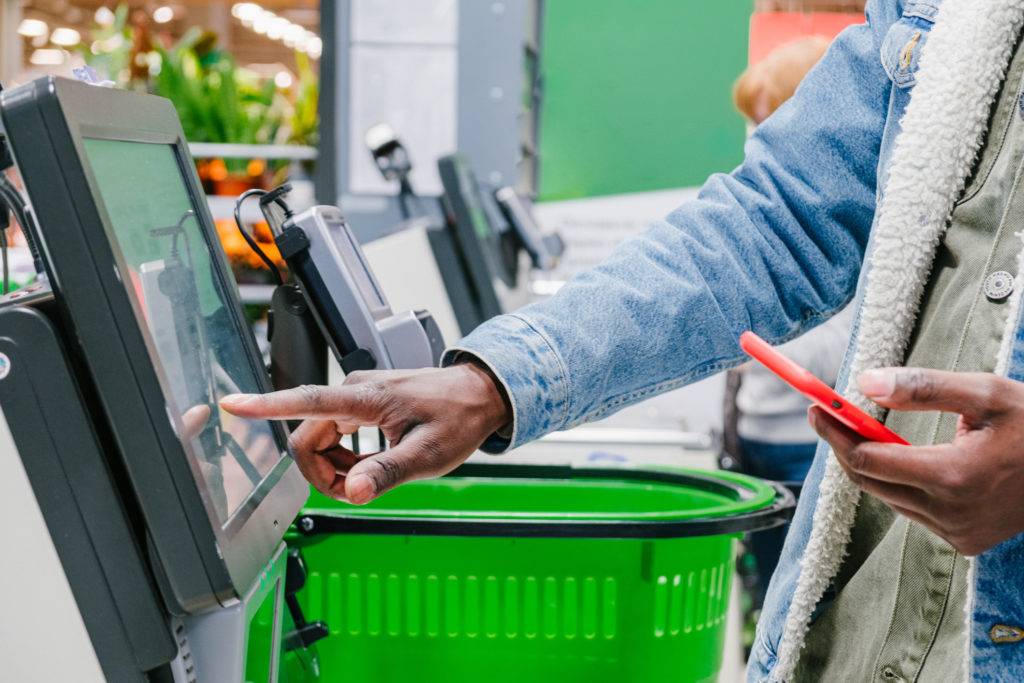

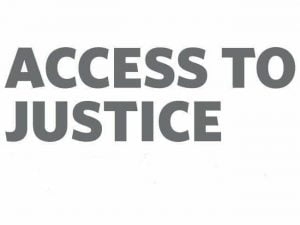
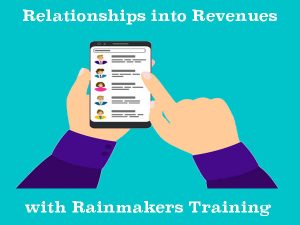

Comments are closed